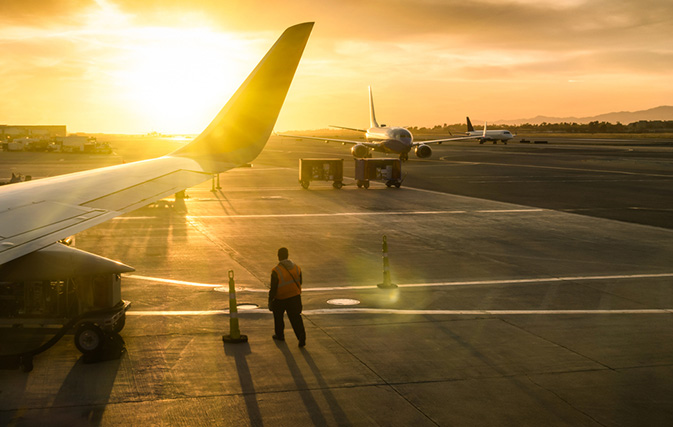GENEVA — Recovery for the airline industry is happening, slowly but surely, however the latest stats from IATA underscore the massive challenges still on the horizon.
Net industry losses are expected to reduce to US$11.6 billion in 2022, after a $51.8 billion loss in 2021.
And net 2020 loss estimates have been revised to $137.7 billion (from $126.4 billion).
All in all, that means total losses for the airline industry in 2020-2022 could reach $201 billion, according new figures released today by IATA.
“The magnitude of the COVID-19 crisis for airlines is enormous. Over the 2020-2022 period total losses could top $200 billion. To survive airlines have dramatically cut costs and adapted their business to whatever opportunities were available. That will see the $137.7 billion loss of 2020 reduce to $52 billion this year. And that will further reduce to $12 billion in 2022. We are well past the deepest point of the crisis. While serious issues remain, the path to recovery is coming into view. Aviation is demonstrating its resilience yet again,” said Willie Walsh, IATA’s Director General.
Total passenger numbers are expected to reach 2.3 billion in 2021. This will grow to 3.4 billion in 2022 which is similar to 2014 levels and significantly below the 4.5 billion travellers of 2019.
Demand (measured in RPKs) is expected to stand at 40% of 2019 levels for 2021, rising to 61% in 2022.
The one bright light for airlines – the air cargo business – continues to perform well. And domestic travel will near pre-crisis levels in 2022. The challenge, says Walsh, is international markets which remain severely depressed as government-imposed restrictions continue.
“People have not lost their desire to travel as we see in solid domestic market resilience. But they are being held back from international travel by restrictions, uncertainty and complexity. More governments are seeing vaccinations as a way out of this crisis. We fully agree that vaccinated people should not have their freedom of movement limited in any way. In fact, the freedom to travel is a good incentive for more people to be vaccinated. Governments must work together and do everything in their power to ensure that vaccines are available to anybody who wants them,” said Walsh.
Walsh added that the 11.3 million jobs (pre-COVID-19) in the aviation industry, and the $3.5 trillion of GDP associated with travel and tourism, should be priorities for governments, along with re-establishing global connectivity.
“Aviation is resilient and resourceful, but the scale of this crisis needs solutions that only governments can provide. Financial support was a lifeline for many airlines during the crisis. Much of that — approximately $110 billion — is in the form of support that needs to be paid back. Combined with commercial borrowing the industry is now highly leveraged. We don’t want handouts, but wage support measures to retain critical skills may be necessary for some airlines until governments enable international travel at scale. And regulatory alleviations — like continued slot wavers while international traffic recovers — will be needed well into 2022,” said Walsh.
IATA is also reiterating its call for governments to implement simplified regimes to manage the risks of COVID-19 as borders re-open to international travel. The wildly inconsistent COVID-19 travel restrictions that are stalling the recovery of air transport must come to an end, said Walsh.
“Travel restrictions bought governments time to respond in the early days of the pandemic. Nearly two years later, that rationale no longer exists. COVID-19 is present in all parts of the world. Travel restrictions are a complex and confusing web of rules with very little consistency among them. And there is little evidence to support ongoing border restrictions and the economic havoc they create,” he said.
Here’s IATA’s ask list…
- Vaccines should be made available to all as quickly as possible
- Vaccinated travellers should not face any barriers to travel
- Testing should enable those without access to vaccines to travel without quarantine
- Antigen tests are the key to cost-effective and convenient testing regimes, and
- Governments should pay for testing, so it does not become an economic barrier to travel

